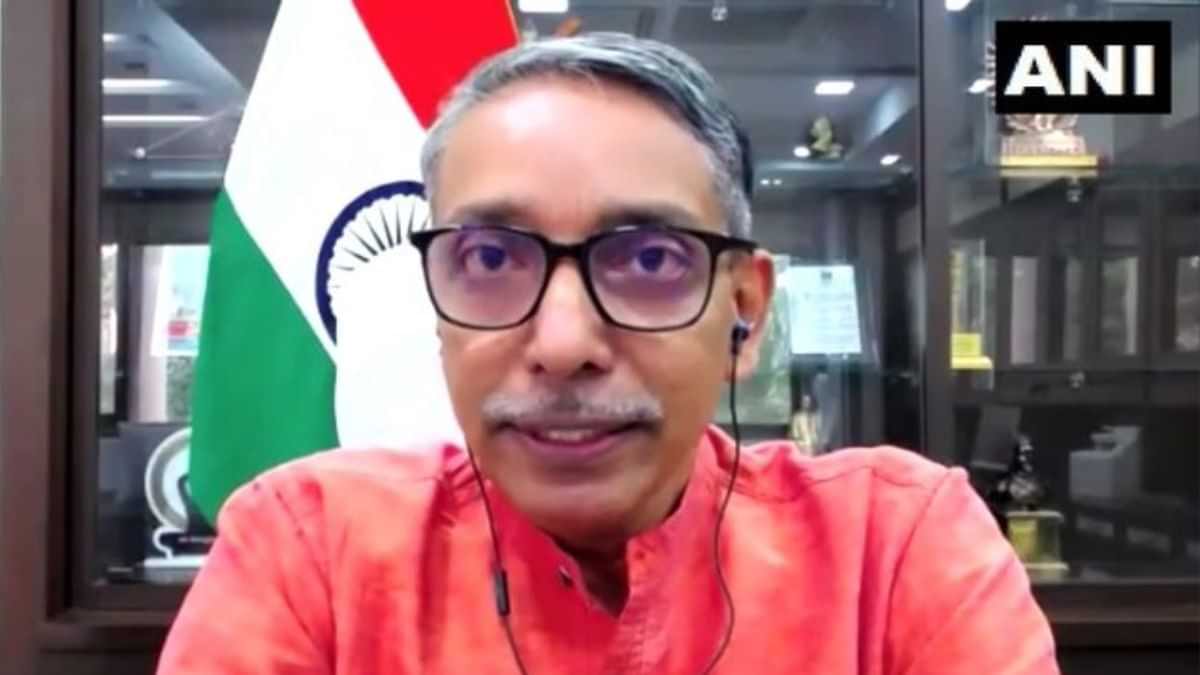UGC allows Dual, Joint Degrees with Foreign Colleges: In a key announcement, UGC – University Grants Commission allowed Indian Universities to offer dual and joint degree programmes with Foreign Colleges. On Tuesday – 19th April, UGC approved the UGC (Academic Collaboration between Indian and Foreign Higher Educational Institutions to offer Twinning, Joint Degree and Dual Degree Programmes) Regulations, 2022, under which Indian and Foreign Academic Institutions have been allowed to sign academic collaboration agreements. Under such an agreement, Indian and Foreign Universities can offer dual, joint and twinning degree programmes to students in India and abroad.
Decision was taken at UGC’s 557th Meeting
The decision to allow Indian and Foreign Varsities to collaborate and offer joint and dual degree programmes was taken at the 557th Meeting of UGC held recently. The decision has been taken by the commission in line with the National Education Policy (NEP) 2020. As part of this new policy, Indian Institutions that feature in the top 100 list of NIRF Ranking and Foreign Academic Institutions featuring in the top 1000 in the Times Higher Education (THE) or QS Ranking or with NAAC Grading of 3.1, will be allowed to offer Twining, Joint Degree or Dual Degree programmes.
Virtual Meeting of Chairman, UGC with media https://t.co/w5ndLqyJok
— UGC INDIA (@ugc_india) April 19, 2022
How will collaborative Dual, Joint Degree Programmes Work?
According to the guidelines issued by the UGC, Indian and foreign universities are allowed to offer Dual Degree, Joint or Twining Degree programmes. Dual degree programme is where both colleges award the degree but in the same subject. On the other hand, the Joint or Twining Programme will allow collaborative course in which part of the course of held in India while the rest is taught abroad.
For Twining Programme, students who are registered with an Indian College / University will be allowed to complete their programme with a foreign university. Students can earn a maximum of 30% of the credits required for the programme in a foreign educational institution. The final degree awarded under such collaboration will be issued by an Indian University.
For Joint Degree Programmes, the course curriculum will be jointly designed by Indian and Foreign Institutions. As part of such a programme, a student will have to earn at least 30% of the total credits from a foreign institution. Upon completion of the joint degree programme, students will be awarded a degree jointly awarded by the Indian higher educational institution and the collaborating foreign institution.
For Dual Degree Programmes, at least 30% of credits have to be earned by the students from each collaborating institution. Upon completion of the course, students will be awarded separate degrees by the Indian and foreign institutions, simultaneously. However, for such programmes, the official notification added that “This shall not in any way be construed as two-degree programmes in separate disciplines/subject areas and/or levels being pursued simultaneously.”
University Grants Commission (UGC) has taken a decision on regulation for academic collaboration between Indian and foreign higher education institutions to offer training, joint degree, and dual degree programs: Jagadesh Kumar, UGC Chairman pic.twitter.com/tt8Z8zB9fp
— ANI (@ANI) April 19, 2022
What will be Admission Process and Fee Structure for Dual degree programmes?
Admissions to joint, dual, and twining programmes will be offered by collaborating institutions on the basis of their existing admissions policy. In terms of fee, institutions have been asked to come up with a “reasonable fee structure” to ensure that higher education is affordable to all sections of society. UGC has also directed collaborating institutions to publicly notify the fee structure for such courses at the time of the admission process.

Comments
All Comments (0)
Join the conversation